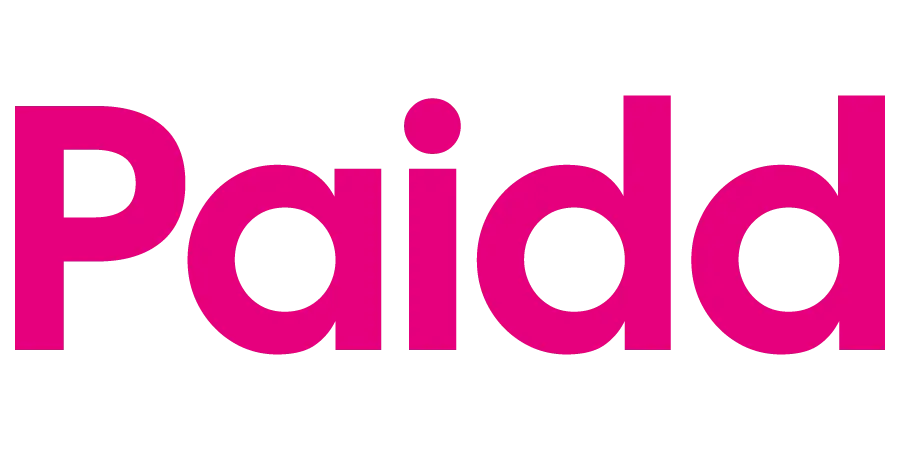Why Asking Clients to Pay Upfront (or With Structure) Is Not Just OK — It’s Smart Business
The Awkward Truth: You’re Not Being “Difficult” — You’re Being Professional
There’s a lingering fear among service businesses — especially freelancers, sole traders, and small agencies — that asking for money before starting work might scare clients off.
You’ve heard the voice in your head:
“What if they think I don’t trust them?”
“What if it puts them off?”
“What if they go somewhere else?”
Let’s flip the script:
What if not asking for upfront or structured payment is what’s costing you?
What Other Industries Already Know
In nearly every other industry, structured payment is the default:
- Retail: You pay before the product leaves the shop.
- E-commerce: You check out before you receive your order.
- Trades: Builders, plumbers, and decorators regularly ask for deposits before starting.
- Events: Venues and vendors require a booking fee — non-refundable.
So why do service businesses feel the need to apologise for setting boundaries?
Why Structure Is Actually a Selling Point
A structured payment system is not about distrust. It’s about clarity, efficiency, and respect — for both parties.
Here’s what it actually says to your client:
- “We take your project seriously.”
- “We don’t juggle unpaid jobs — we prioritise yours because it’s confirmed.”
- “We operate with clear terms — so everyone wins.”
- “We’re professional — and that includes how we handle money.”
Far from putting clients off, structure builds confidence.
What Happens Without Structure?
We’ve all been there:
- Work begins without a deposit.
- Feedback is delayed.
- Scope creeps.
- Final delivery is held back because payment is late — or never arrives.
- You lose time, money, and sanity.
This isn’t a fluke — it’s the result of a broken model.
Structured Payment Is the New Standard
With systems like Paidd, you give clients options — not ultimatums:
- 100% Upfront
- 50/50 Split
- Monthly Instalments (3 months)
- Buy-Now-Pay-Later (BNPL)
Whatever the method, the process is locked in before work begins.
It protects your time. It protects your cash flow. And — crucially — it protects your client too.
The Smartest Clients Want This
Let’s be clear: the best clients — serious, respectful, and high-value — want structure.
Why?
- It makes budgeting easier
- It creates mutual accountability
- It reduces risk
- It shows they’re working with professionals
- It keeps timelines on track
If a client pushes back on structured payment, ask yourself:
Do I want to do business with someone who avoids clarity?
The Confidence Shift: "We Use Paidd"
One of the most powerful benefits of Paidd is taking the awkwardness out of the conversation.
Instead of asking awkwardly for deposits or chasing invoices, you simply say:
“We use Paidd for all payments — you’ll receive a link once the job is confirmed.”
The responsibility shifts from you to the system.
No guilt. No back-and-forth. Just structure.
Structure Is a Signal of Seriousness
In today’s fast-moving, high-expectation world, structure is not cold — it’s comforting.
It tells your clients:
“We’ve got a process. You’re in good hands. Let’s do this right.”
If you want to be paid fairly, consistently, and without stress — structure isn’t optional. It’s your greatest ally.
